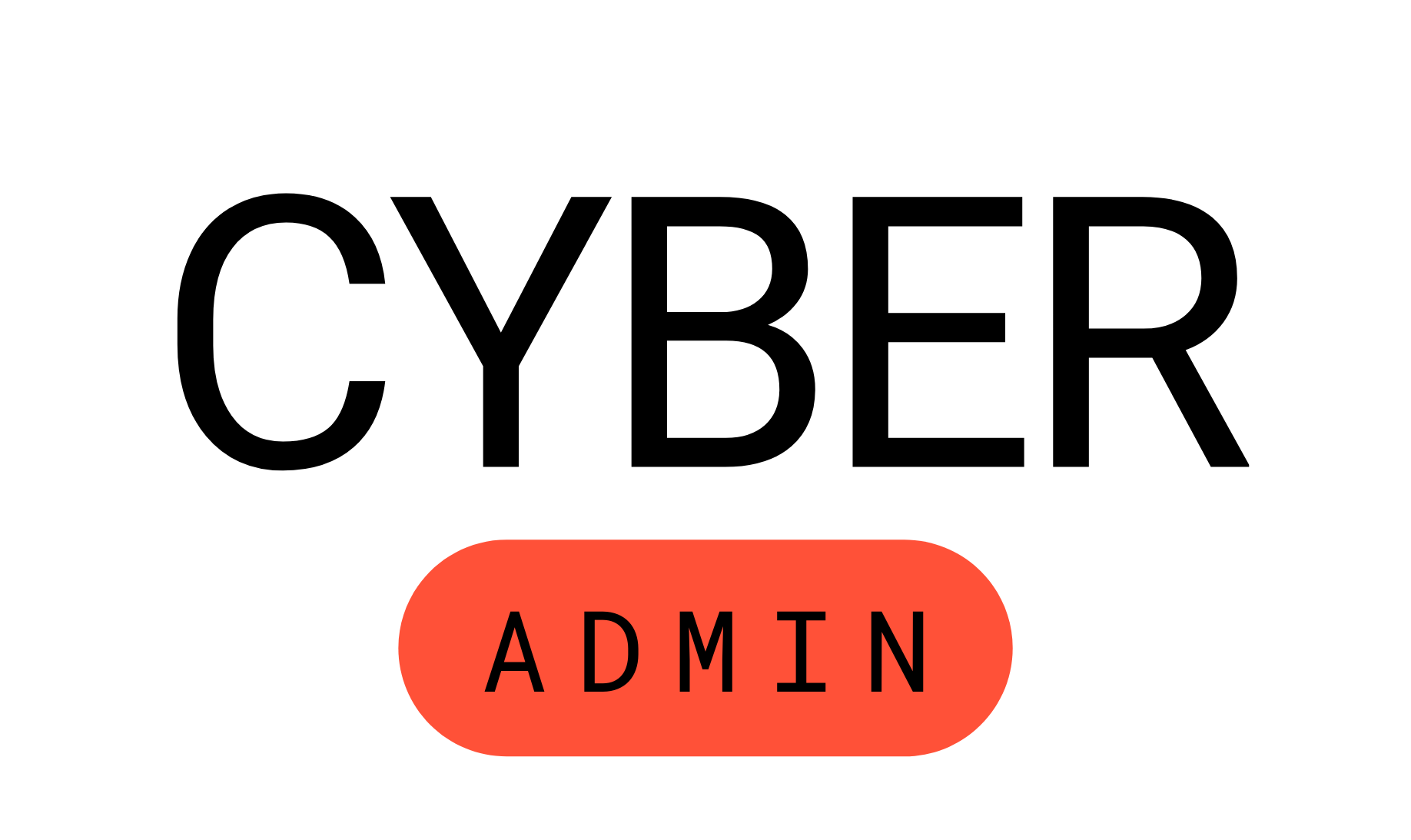To cite a podcast in MLA format, include the following information: the host(s) name(s), the episode title in quotation marks, the podcast title in italics, the website or platform where the podcast is located, the publication date, and the URL or DOI (if available).
